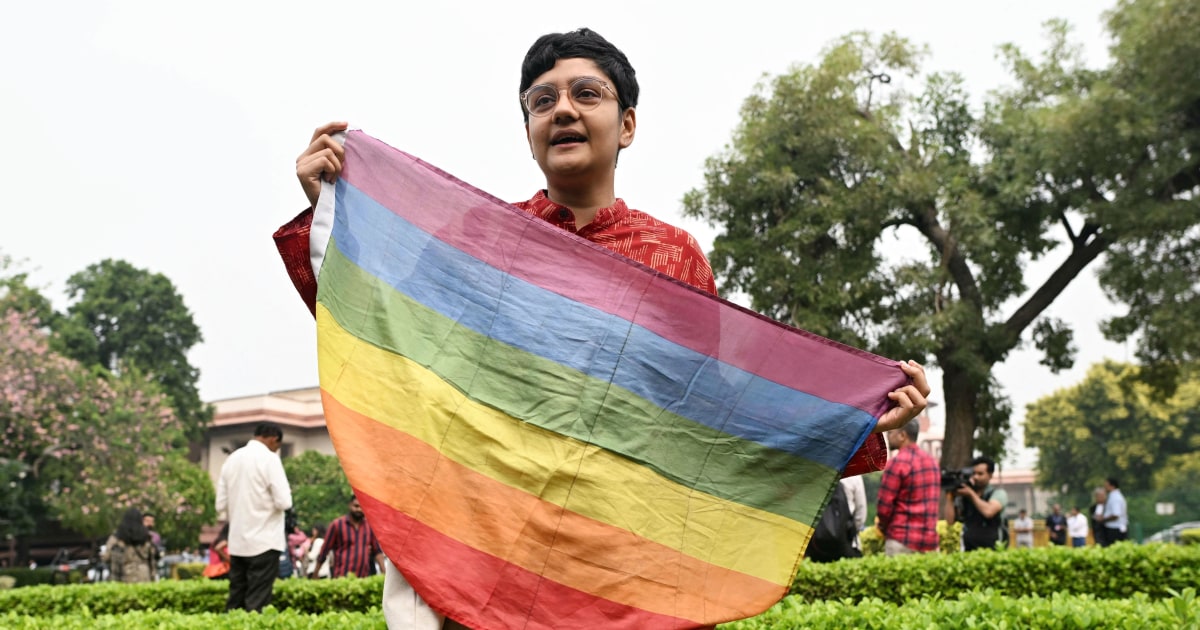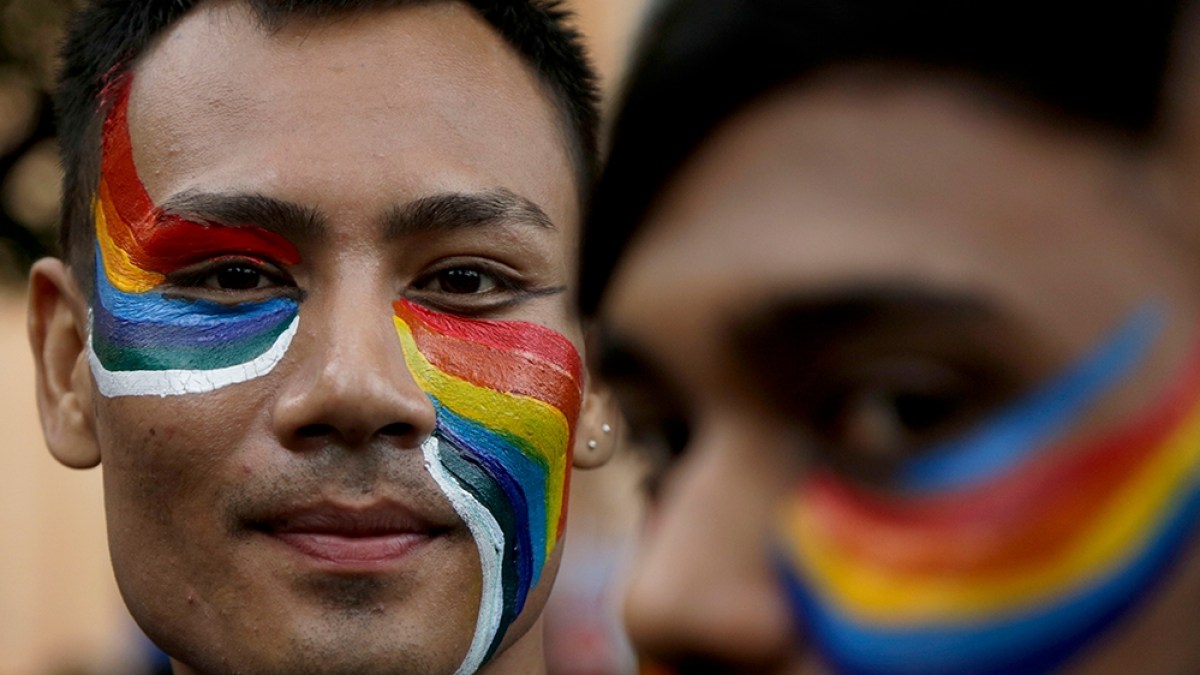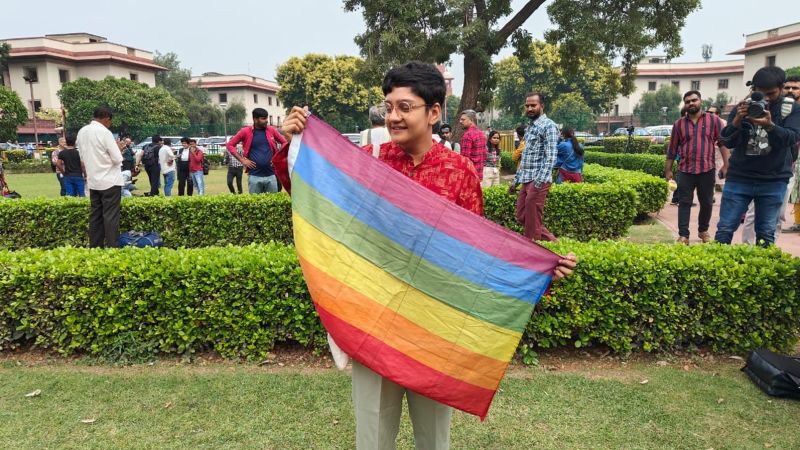The Facts
India's five-judge Supreme Court on Tuesday unanimously rejected a petition to legalize same-sex marriage, ruling that the decision is beyond the court's purview.
However, the ruling did include allowing transgender people to marry each other — so long as one member of the couple identifies as a man and the other as a woman — and expanded the definition of discrimination, including equal access to goods and services.
The Spin
Left narrative
The court should be applauded for its affirmations of LGBTQ+ rights and suggesting that the law should be changed, but, unfortunately, it didn't take the final step of enshrining it into law. India's LGBTQ+ community has been placed in the shadows of society for a very long time, and this only prolongs the fight to obtain justice for all Indians. Hopefully, the legislature will follow the suggestion of the court and codify equal marriage rights into law.
Right narrative
While everyone, regardless of sexual orientation, should undoubtedly be protected from discrimination, legalizing same-sex marriage would directly contradict India's long-established stance on family and marriage, leading to a growing culture of children not learning the long-held religious and cultural traditions of India. The legislature must proceed cautiously before adopting this international progressive movement.











/cloudfront-us-east-2.images.arcpublishing.com/reuters/HEWCQPM5JVNLBKQ2SRSYCSBXKU.jpg)